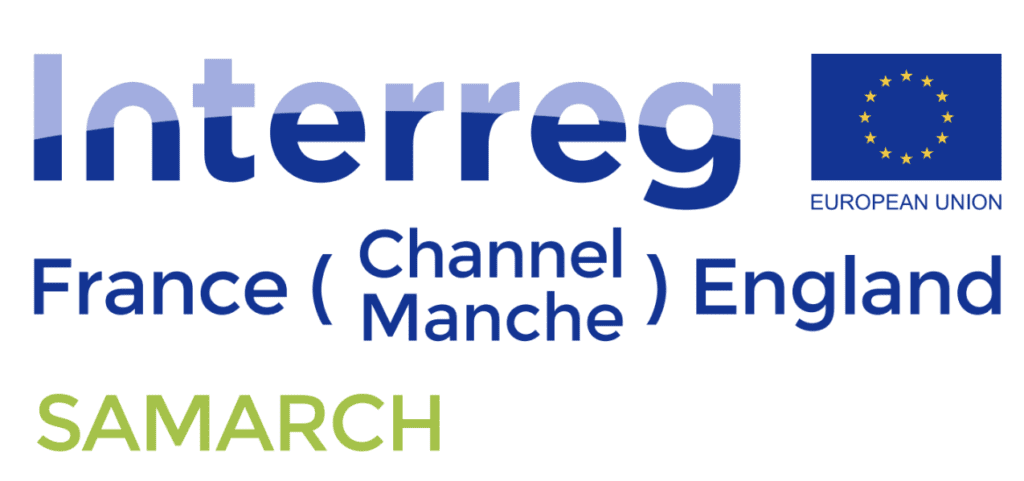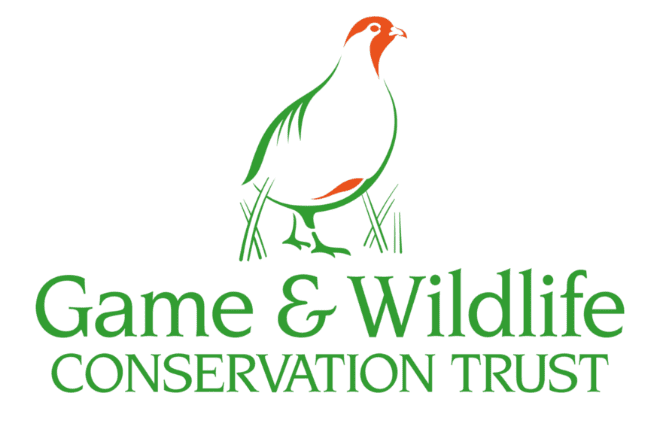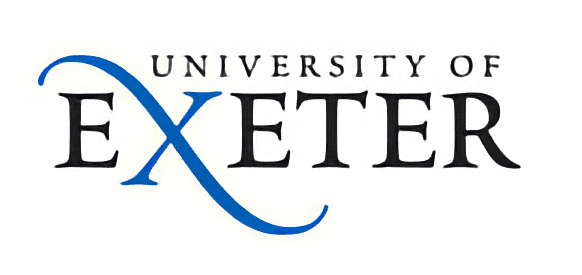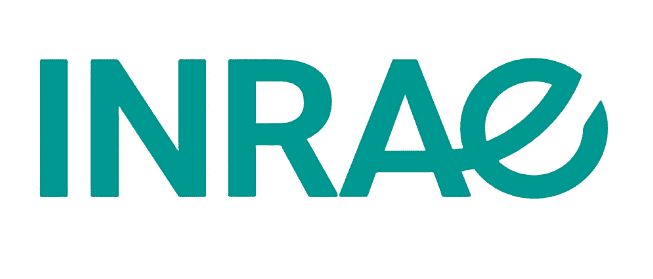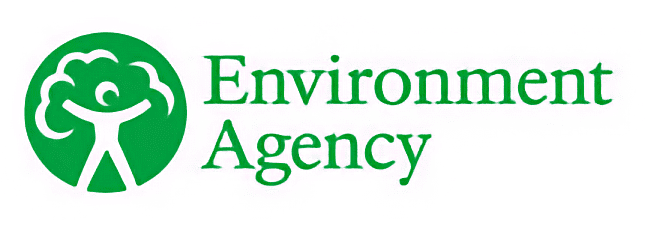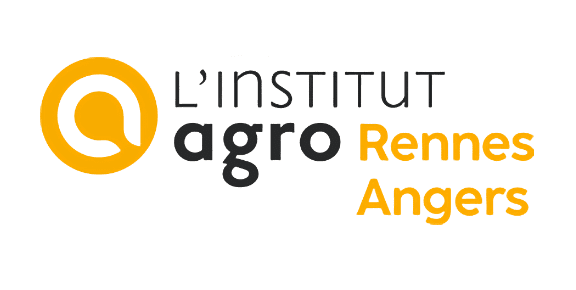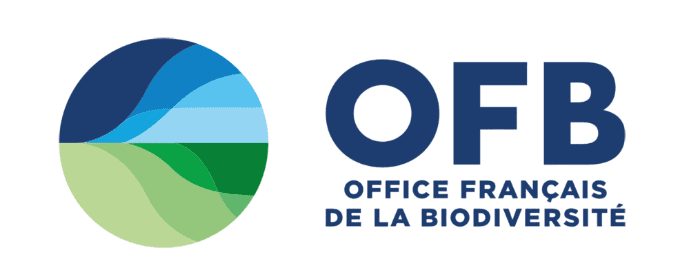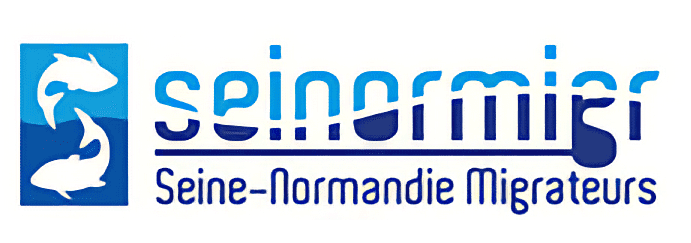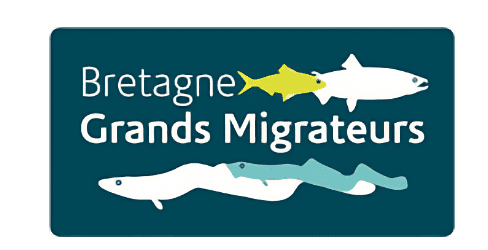Partners
Game & Wildlife Conservation Trust
The Game & Wildlife Conservation Trust (GWCT) are a leading UK charity conducting conservation science to enhance the British countryside for public benefit. GWCT Fisheries Research is centred around the Salmon & Trout Research Centre in East Stoke, located on the banks of the River Frome. The River Frome is classed as an Index river, part of an international network of 9 EU rivers that estimate adult and juvenile salmon populations and report data to ICES, 5 of which are included in SAMARCH (Bresle, Frome, Oir, Scorff and Tamar). GWCT have expertise in salmonid ecology, tagging, tracking, data analysis, modelling and publication.
University of Exeter
The Exeter team bring experience of all forms of genetic analysis and related bioinformatics experience to the project, allowing both field sampling and genetic profiling of trout and salmon. The Exeter team have > 15 years experience in applying genetic tools to the study of migratory fish for the purposes of management and conservation; they led a previous successful collaborative study to produce a similar genetic database to assess the impacts of marine drift nets on migrating salmon.
INRAE
Institut national de recherche pour l’agriculture, l’alimentation et l’environnement (INRAE) is a national institute for research in food, nutrition, agriculture and the environment. Their units in Rennes, France have developed an internationally recognised expertise in aquatic ecology. Over the past 30 years, they have monitored wild salmonids on 3 out of 4 salmon Index Rivers for France (Bresle is managed by OFB), providing information to national (Regional comitees for management of migratory fish, COGEPOMI) and International (ICES) regulatory bodies. Using genetic and modelling tools, they have developed diagnostic methods that are now widely used by local managers to regulate the salmon recreational fishery in France. INRAE are national experts in charge of the scales collected as part of the catch declaration scheme for recreational fishery in France in partnership with OFB since 1987.
Environment Agency
The Environment Agency (EA) is responsible for the protection and management of rivers, lakes, transitional and coastal waters to 6 miles offshore in England. The EA salmon Index River fish counter and trap on the River Tamar has provided smolts for the tracking studies in the Tamar Estuary. Their salmonid expertise has been used within SAMARCH to capture sea trout kelts for tagging, in addition the EA juvenile salmonid electric fishing surveys have provided samples for DNA analysis and they have provided salmonid scales. The Environment Agency is also active in developing the management and policy guidelines from SAMARCH.
WildFish
WildFish is the only independent charity in the UK campaigning for wild fish and their waters. We work to diminish the key threats to wild fish from open-net salmon farming, pollution and over-abstraction. Our goal is sustainable wild fish populations. WildFish has extensive expertise and experience in coordinating with other stakeholders in both the fisheries and conservation sectors, and at local and government level. WildFish co-chair the NGO group for the North Atlantic Salmon Conservation Organisation (NASCO) who provide guidance to ICES on relevant salmonid issues.
Bournemouth University
Bournemouth University (BU) is a public university, responsible for training undergraduate and postgraduate students to meet the needs of stakeholders, users and beneficiaries. The Department of Life and Environmental Sciences within BU was set up two years ago; we train ecology, geography and conservation students to gain trade skills in conservation ecology, fisheries, coastal management and ecosystem services, based on staff’s research and projects.
L’ institut agro Rennes Angers
I’Institut national d’enseignement superieur pour I’agriculture, I’alimentation et l’environnement (l’Institut Agro) is a “Grande école” or elite public university-level college, for life and environmental sciences and technologies based in Rennes, France, that benefits from well established networks in science, education and management involving fisheries and coastal areas’ stakeholders. Their scientists have expertise on analysing the impacts of environmental and anthropic pressures on fish populations and coastal and marine ecosystems, in a framework that is compliant with the ecosystemic approach to fisheries, spatial planning and risk analysis (quantification of uncertainties). They specialise in ecology, life cycle modelling and stock assessments of salmonids. l’Institut Agro Scientists sit on the ICES Working Group for North Atlantic Salmon as data analysis and modeller experts.
Office Francais de la Biodiversité
Office Francais De La Biodiversity (OFB) is a national agency responsible for biodiversity including the field of aquatic environment in France. It provides high-level science and technology advice to assist in formulating, implementing and evaluating public water policy. OFB is one of the two agencies in charge of delivering advice to the regional diadromous fish management body (COmité de GEstion des POissons MIgrateurs, COGEPOMI); it is in charge of enforcement, and conducts applied research to improve fish conservation and restoration in partnership with INRAE. OFB operate two salmonid Index Rivers (the Oir and Bresle), which provide information to ICES. OFB sits on the ICES salmon working group, the ICES sea trout working group and attends NASCO meetings.
Seine-Normandie Migrateurs
Seine-Normandie Migrateurs is one of the eight major migratory fish associations in France, focusing on the Seine basin and Normandy. Approved for environmental protection, the association works to safeguard and protect migratory fish in the Seine-Normandy basin. Its responsibilities include improving knowledge of migratory species, their management and the restoration of their migration routes, as well as providing recognised scientific expertise.
Bretagne Grands Migrateurs
Bretagne Grands Migrateurs is responsible for coordinating actions in favour of the restoration of migratory fish in Brittany and develop a network of stakeholders involved in their management. The association has set up an observatory for Migratory Fish in Brittany as a tool for knowledge exchange. To this end, the Observatory seeks to centralize and disseminate information to the network of stakeholders involved in the management of migratory fish and the public.
